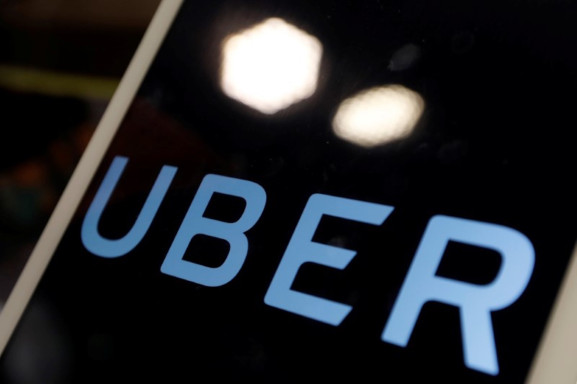Uber’s stock crumpled 6.7% down from its IPO price at the start of trading in Silicon Valley’s most hotly anticipated public offering in years.
In classic Uber style, the IPO managed to be massive and attention-grabbing while also being disappointing bordering on calamitous. After weeks of talking to investors, the company had already priced its stock at $45 per share, at the low end of the expected $44-$50 range.
This allowed Uber to raise $8.1 billion, which will give it a mighty war chest as it continues to battle competitors around the world. At the same time, its estimated $82.4 billion valuation at the start of trading was well below the $120 billion Uber was rumored to be seeking.
The conservative IPO price seemed designed to reduce the chances that Uber would suffer a sharp drop in pricing in the following weeks. Competitor Lyft, which managed to sneak out of the IPO door first, has seen its own stock drop 23% from its IPO price.
June 5th: The AI Audit in NYC
Join us next week in NYC to engage with top executive leaders, delving into strategies for auditing AI models to ensure fairness, optimal performance, and ethical compliance across diverse organizations. Secure your attendance for this exclusive invite-only event.
Despite those precautions, YahooFinance reported that Uber was now the first company with a unicorn valuation above $5 billion to open below its IPO.
Meanwhile, pundits were left scrambling to rationalize the drop and explain what factors could explain the weak start. The excuses included generally poor stock markets performance, being roiled by several days of increasing tension in the trade war with China.
Still, the IPO represents a coup for a company that two years ago was living through one calamity after another, as a series of gaffes and bad management led to the ouster of founder and CEO Travis Kalanick. The problems included an extraordinary series of complaints about Uber’s handling of sexual harassment, as well as its reputation as a competitive bully that sought to aggressively block any attempt at regulation. Throw in accusations of spying on users via their data and theft of corporate secrets, and the company’s reputation was in tatters.
The Uber board hired then-Expedia CEO Dara Khosrowshahi to come in and try to scrub out the growing stench. Khosrowshahi started with a kind of apology tour while condemning the company’s “pirate” culture. His ultimate mission, however, was to clean up the balance sheet enough to get Uber in a position to go public.
Despite $3 billion in operational losses in 2018, it seems he managed to convince investors that Uber’s prospects are solid — amid ongoing controversies over compensation for drivers and the company’s continued regulatory battles around the world.

